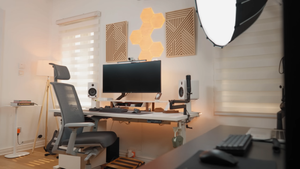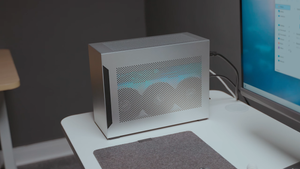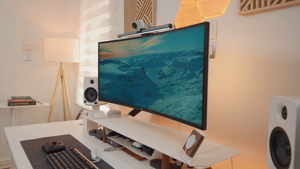Four Productivity Tools and Systems to Help Capture Ideas
There's a summary of your performance the day before. This helps me keep track of my progress and give myself a pat on the back. There's also a provision to list and prioritize your tasks for the next day.
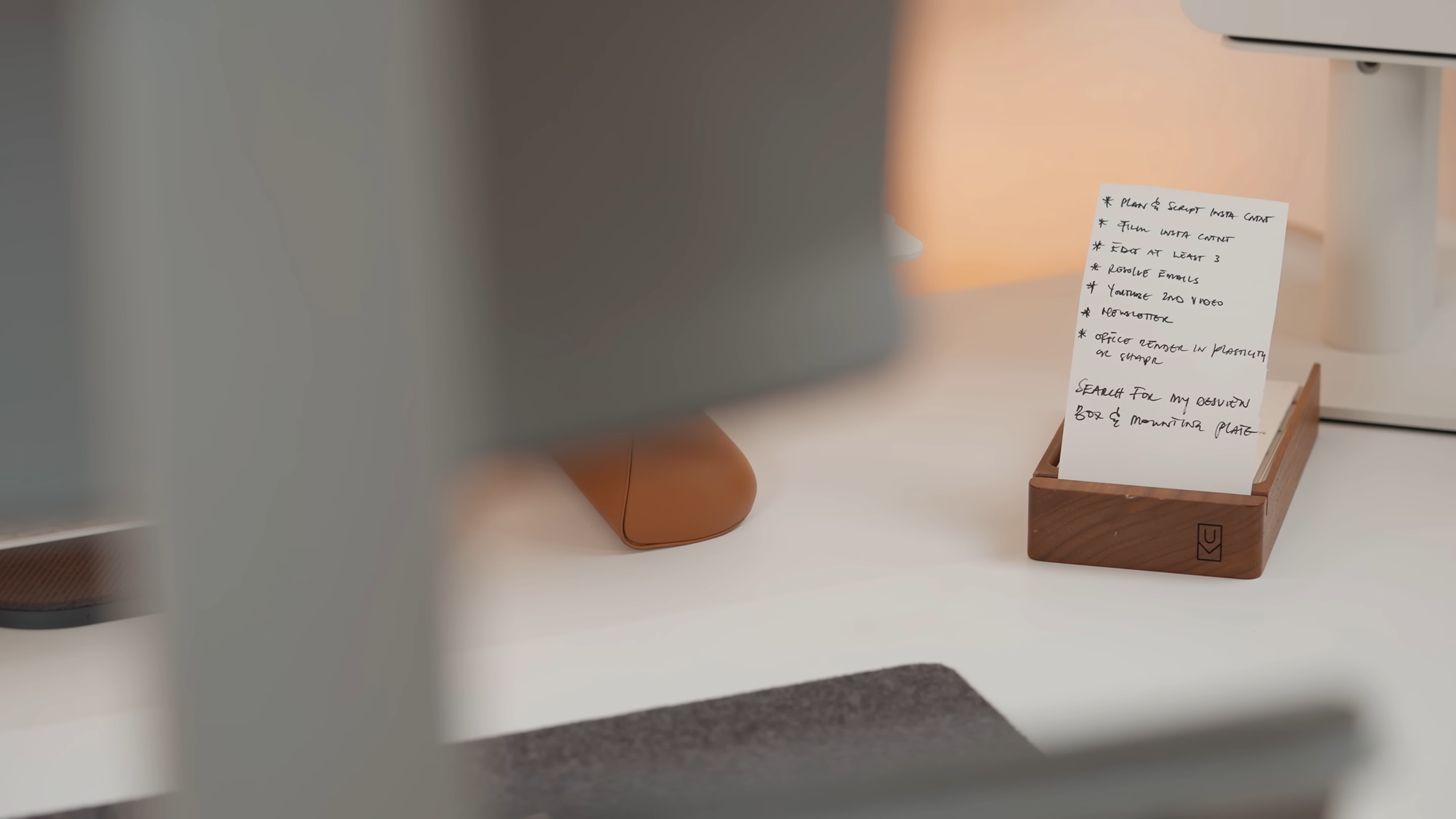
I know firsthand how exhausting it is to have a mind that is constantly churning thoughts and ideas. These thoughts and ideas can often become a distraction, and in the past, I’ve jumped from one idea to the other because right in the middle of executing one, another one popped up.
How Did I Deal With It?
I still have thoughts whizzing through my mind every other day. The difference now is that I’ve found tools and systems to help capture these thoughts and ideas so I don’t lose them and so they don’t become distractions. Trapping your thoughts is a valuable art because your mind isn't built to “hold” ideas. If you cannot trap them and plan around executing them properly, you'll quickly lose them.
These are some of the tools I’ve tried. I’ll tell you which one has worked the best for me, too.
PS: Some of the links below are affiliate links, and I will receive a small commission at no extra cost to you. Your purchase through them helps support the content that I make – thanks!
Four Productivity Tools and Systems to Help Capture Ideas
Todoist
Todoist is primarily a to-do list app, yet it's much more than that. It’s also helped me capture inspirations, ideas, or just things I need to remember.
With Todoist, you can assign priority levels to whatever item you've listed, schedule completion at a specific time, and even add extra notes. It also helps transform your ideas into actionable tasks. This is especially important to beat the anxiety that often comes with analysis paralysis - something that plagues me very often.
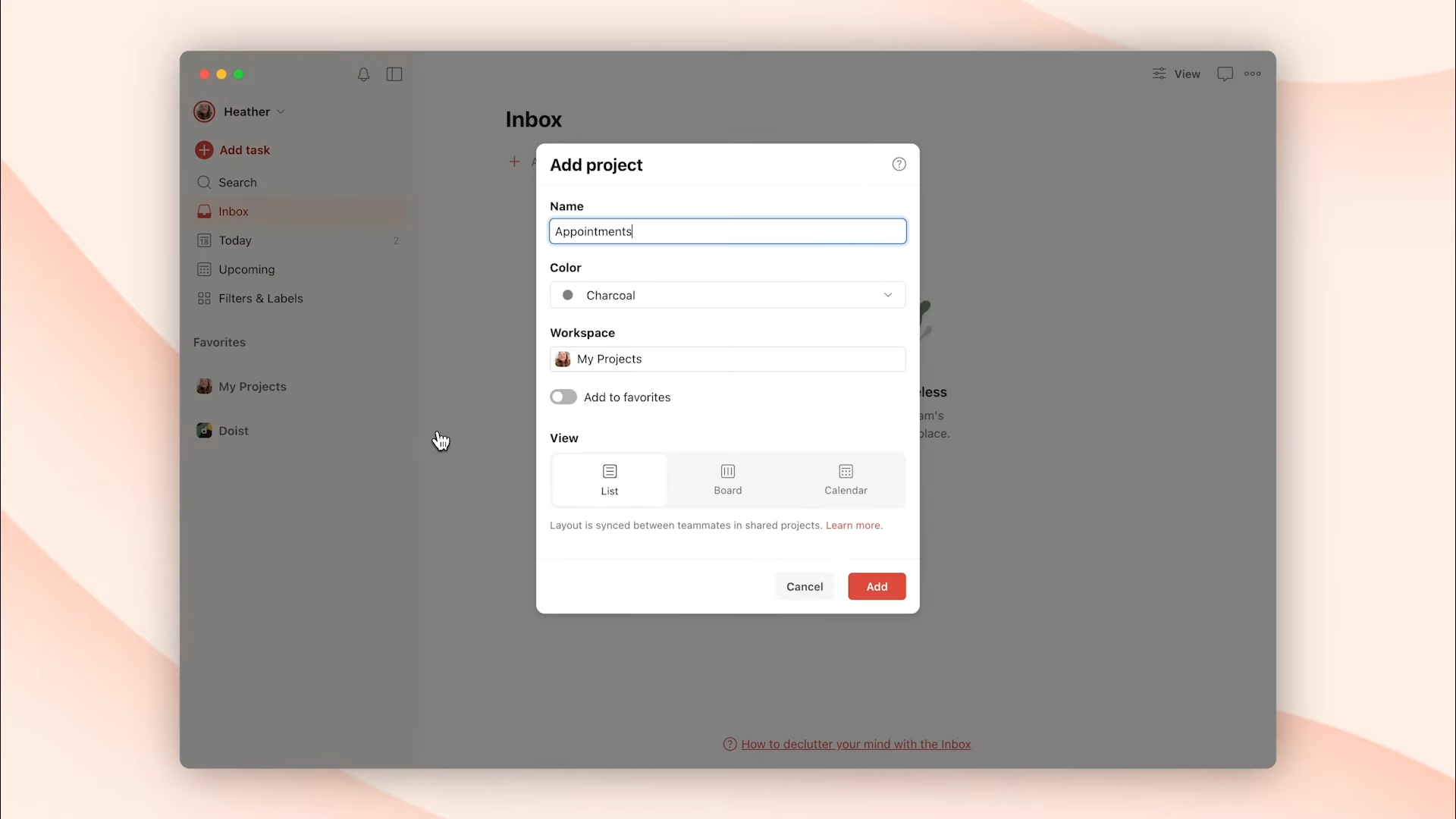
Features
- You can track all of your tasks from just one place. This means you don't have to deal with misplaced tasks or having your attention divided across multiple apps. You can immediately start working on an idea.
- You get to organize your tasks into projects or subprojects so that related tasks are properly tracked alongside main projects.
- There's an option to prioritize tasks and set deadlines so you can focus and manage your time effectively enough to deliver tasks on time.
- It has an integration system that allows you to access other tools, making using the app an easy part of your workflow.
- You can add all the information needed on a task and structure the task to ensure that your productivity is hitch-free.
Notion
Notion serves as a note-taking and productivity web app. I’ve used this for years now to organize my content creation flow, manage my projects, and collaborate with my team.

Features
- It offers seamless integration with over 70 tools like GitHub, Zoom, Slack, Zapier, GitLab, Cisco, Typeform, Jira, Webex, etc.
- Notion AI is a notion feature that allows you to solve or generate math outputs, write content, translate, summarize notes, adjust tone, daily stand-up, or predict results from ideas. With it, you can automate your tasks and create an outline or brief from a short text.
- Users can create and share templates. There's a Notion template gallery where users search through templates other creators have made and use them, even though not all are free. Creators often make a profit from selling tense templates.
- Notion’s database helps store info in rows and columns. There are already existing properties, like ‘Name’ and ‘Tags.’ You can add other properties, like checkbox, date, URL, etc.
- Notion uses Blocks. So, whether it's images, texts, pages, or tables, blocks are used so that you can easily customize yours either by adding or moving those blocks in different ways. Notion also released what they called a ‘synced block’ in 2021 — a type of block that showed edits synchronously when copied and pasted on different pages.
Sunsama
Sunsama is a daily digital planning app that allows you to integrate all your tasks in one place. If you're looking to have more focused days, especially if you struggle with ADHD, Sunsama might be the one for you.
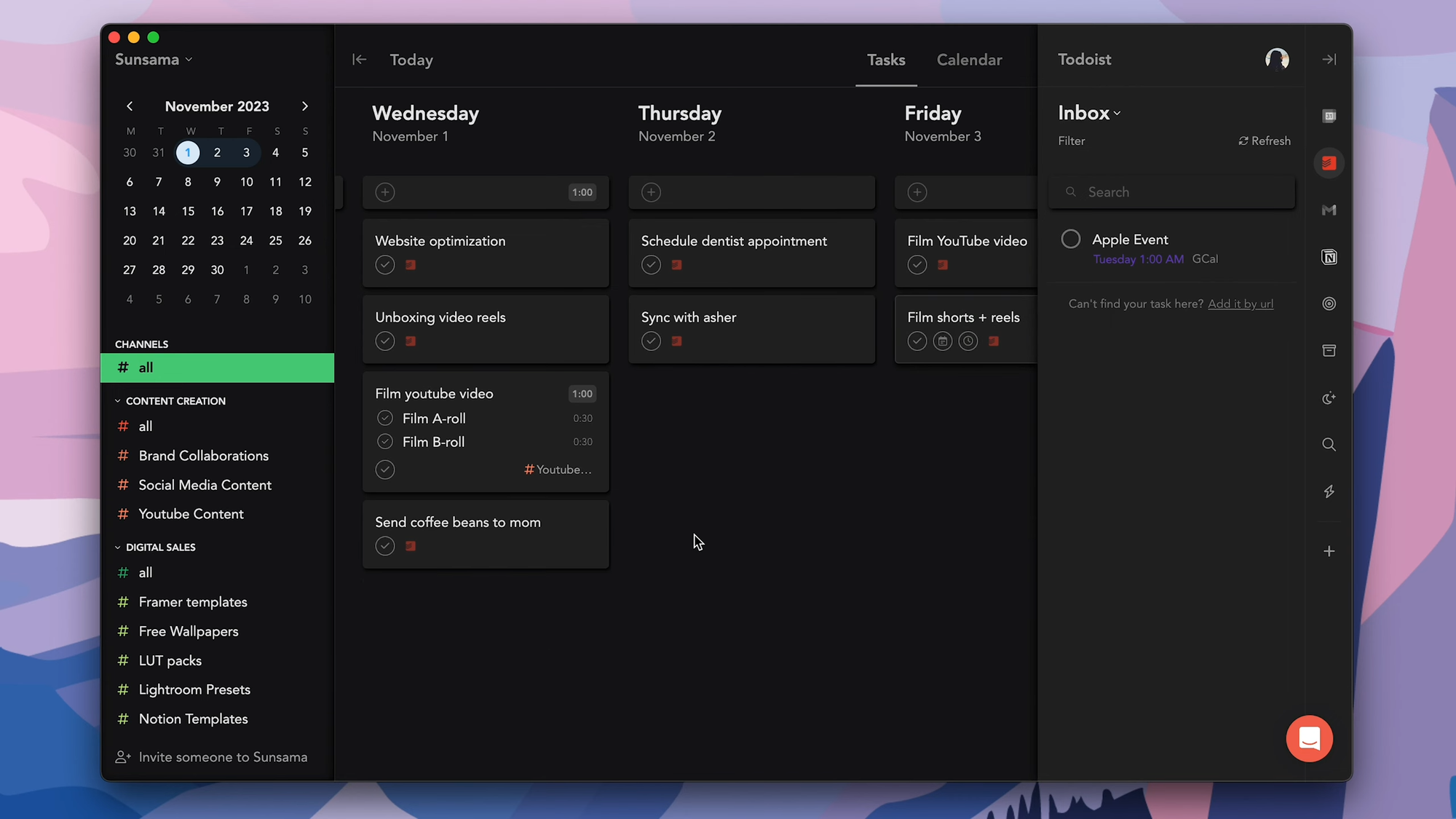
There's a summary of your performance the day before. This helps me keep track of my progress and give myself a pat on the back. There's also a provision to list and prioritize your tasks for the next day. At the end of each day, there's a little note-like tab on which you can reflect on your day and your expectations for the next day.
Features
- Sunsama has an impressive integration system that allows you to sync your emails and your tasks from other apps so you can manage everything from one place.
- As a result of Sunsama's guided planning system, you can make realistic plans around your tasks and not underload or overload your day.
- On Sunsama, instead of just filling your day up with tasks, you're encouraged to fix the tasks into timeboxes so your day is more organized.
- It has channels to help split tasks into different categories, whether a task is for work, personal growth, or something else.
- If you don't finish a task today, Sunsama automatically rolls it over to tomorrow
- There's a timer that helps you block out other tasks and focus on one at a time.
- When you keep moving a task forward, Sunsama decides it's unimportant and moves it to the backlog instead so you don't lose it.
Ugmonk Analog
Let's be honest; tech can be a little complex. Sometimes we're just looking for something that won't suck us into a black internet hole where we move from checking our tasks to watching cat videos on TikTok.
That's where the Ugmonk Analog comes in. Ugmonk Analog is a planning tool that has personally skyrocketed my productivity. It’s a physical tool that can be used alongside your digital tools to help you focus and prioritize the most important tasks.
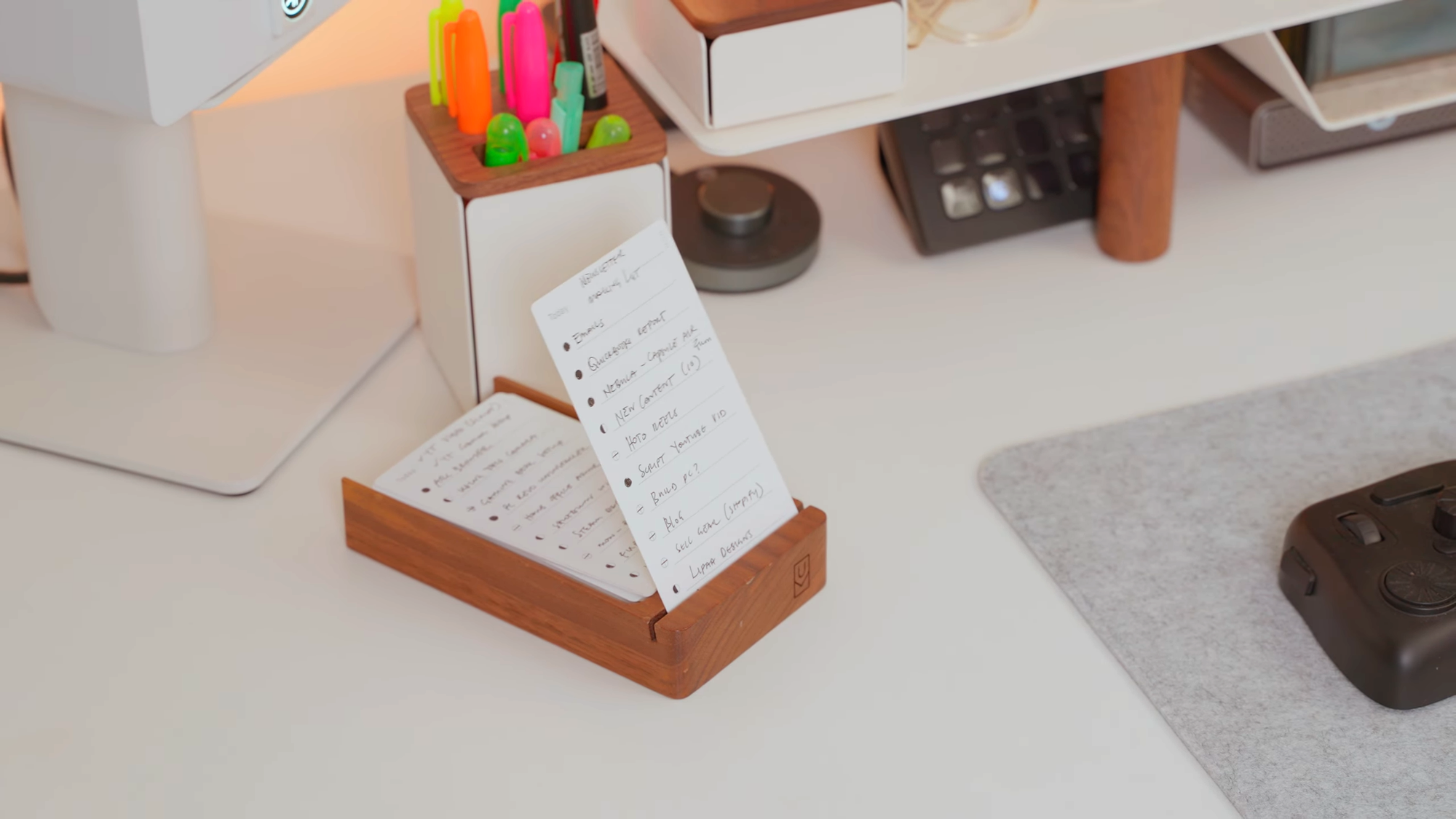
Features
- Analog comes with three different task cards: Today, next, and someday.The 'someday' cards are really useful for capturing ideas that you're not xecuting at the moment but plan to in future.
- There are task signals on each card to show when a task is in progress, delegated, or completed.
- There’s a strong walnut wood base for keeping your “Today” card right in your face so you don’t get distracted or forget your tasks.
- There’s a strong walnut wood base for keeping your “Today” card right in your face so you don’t get distracted or forget your tasks.
- In the Ugmonk Analog starter kit, there are enough Analog cards to take you through three months (that’s 150 cards in total).
My favorite tool
I’d have to say Notion. It stays relevant to the work that I do, and I haven’t found another that meets my needs in the same way that it does. Would you be trying any of these out?


